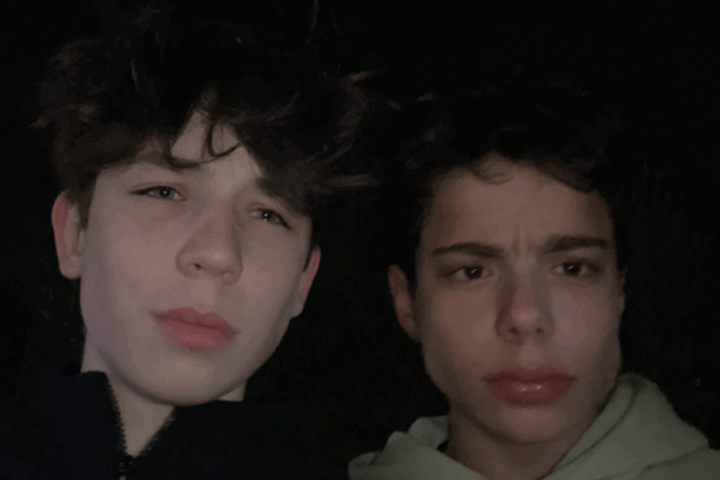Polar Bears. Giant Pandas. African Elephants. These are only a few of the many endangered and vulnerable species in our world. Soon enough, all of these organisms will be extinct, and if that happens, our food webs will be extremely damaged. Imagine removing grass from a food chain of rabbits, snakes, and hawks. When the grass gets removed, the population of rabbits would go down dramatically because they have nothing to eat. That will then affect the snakes, making their population also go down because there are not enough rabbits. That will then affect the hawks, and their population would go down too because there are not enough snakes. This is a very simple example of what happens when a species is taken away from the ecosystem, but the effects are drastic. As a school, we need to act now if we want to save the world’s creatures.
Critically endangered species are a specific group of creatures that are at extreme risk, but not yet extinct or extinct in the wild. An example of a critically endangered species is the Amur Leopard or Panthera Pardus Orientalis. Poached (hunted) for their beautiful coats, there are only 84 known individuals left. These leopard’s coats have been sold for $500 to $1000 dollars, but you can not put a price on these creatures’ lives. These beautiful animals are very important culturally, economically, and ecologically. They are predators to species of deer, so if these creatures were removed from our world it would be a terrible change to the food web.
We, as ECFS students and faculty, can help the Amur Leopards and so many other endangered species by symbolically adopting them. Adopting an animal through organizations like the World Wildlife Fund (WWF) means that the animal lives at the sanctuary you adopted it from, but you and your family pay for its needs, like medicine. This gesture will help save an innocent life, and it will help make a difference in our world. Maybe we will be able to save an entire species from extinction.
Latest from Blog
What up ECFS! We are Lulu (she/her) and Z (he/him), and we are so excited to
Our Platform
ACADEMICS/COLLEGE PREP FOOD STUDENT LIFE HIGH SCHOOL TRANSITION
Fix the Water Fountains! Standardizing cool temperatures and usable pressure levels across the school. For you,
We are thrilled to be running for co-presidents of the school! Since Freshman year, we have





